1) Black Cabbage
Black cabbage, also known as curly cabbage, comes from the same family as broccoli, Brussels sprouts, black cabbage and cauliflower. This green leafy vegetable is one of the world's healthiest vegetables, but also grows in the winter months.
Although every season of the year can be gathered, it loves winter months even more and it can withstand snowy weather.Black cabbage is also loaded with incredible amounts of nutrients, including vitamins, minerals, dietary fiber, antioxidants and very powerful herbal ingredients.
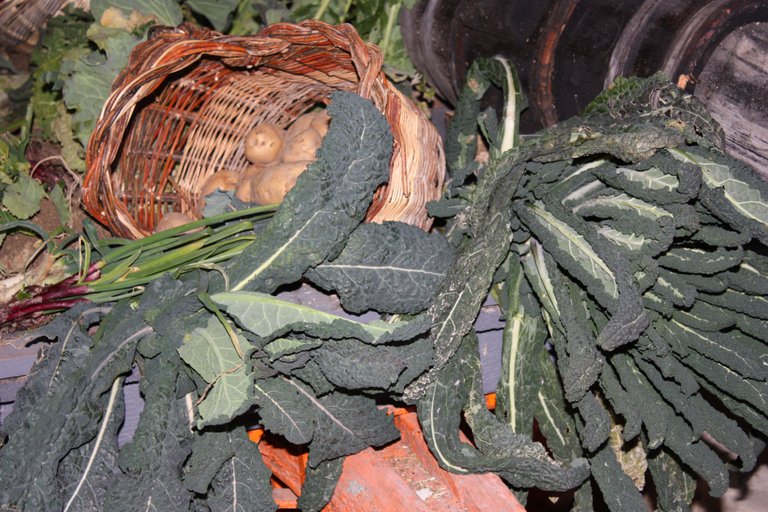
Only 70 grams of black cabbage daily, A, C and K completely meet your needs. Black cabbage is also very rich in terms of vitamin B, calcium, copper, manganese, potassium and magnesium
In addition, Black cabbage is filled with flavonoid anti-oxidants such as quercetin and kaempferol, which have a very strong property.
A number of studies have shown that high amounts of flavonoid-containing diet can reduce the risk of developing various cancers such as the lung and intestine
Summary: Black cabbage is a very healthy vegetable with very high amounts of vitamins, minerals and anti-oxidants and is resistant to cold and with green leaves.
2) Brussels Cabbage
Just like the black cabbage, Brussels sprouts are a vegetable belonging to a family of food-rich radishes.
The Brussels sprouts are growing in winter. It can survive in the freezing cold and is therefore an ideal winter vegetable. Although small, Brussels sprouts contain high amounts of nutrients.
Brussels sprouts, for example, are a wonderful source of K vitamins. 156 grams of cooked Brussels sprouts meet daily K vitamins of 156% of your needs
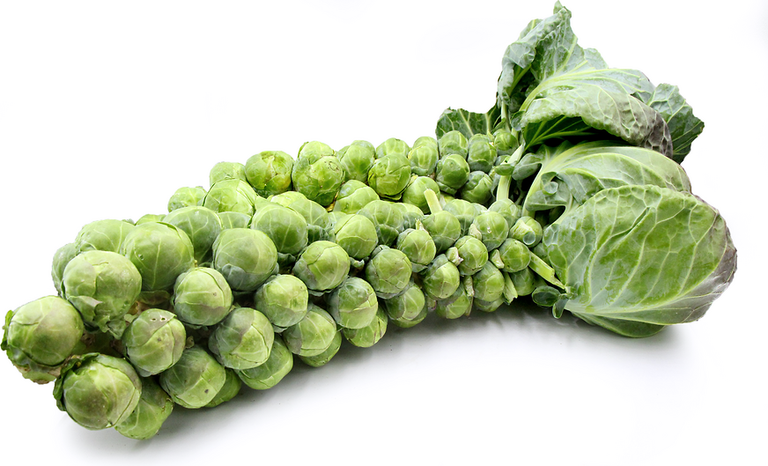
K vitamins are also a critical nutrient for heart and bone health and important for brain function. Brussels sprouts are also a good source of vitamins A, B and C, manganese and potassium.
The Brussels sprouts are also rich in dietary fiber and alpha-lipoic acid, both of which help stabilize blood sugar. The dietary fiber slows down the digestion process in the body, and so the glucose mixes with the blood more slowly. This means that after you have consumed a meal rich in dietary fiber, your blood sugar will rise less
Alpha-lipoic acid lowers high blood sugar and increases insulin sensitivity.
Insulin is a hormone that cells need to absorb sugar. It prevents your blood sugar from getting too high or falling.
Alpha-lipoic acid also reduces the symptoms of diabetic neuropathy, which affects many people with diabetes and is a painful nerve injury
Summary: The Brussels sprouts are rich in nutrients and especially rich in vitamin K content. It also contains alpha-lipoic acid, which can be beneficial to diabetics.
3) Carrot
This popular vegetable can also be collected in the summer months, but it reaches its sweetest winter and autumn.
These crispy vegetables are also quite nutritious. Carrot is a very good source of beta-carotene, which is converted into vitamin A in the body. A large carrot (72 grams) meets 241% of your daily vitamins needs. Vitamin A is also required for growth and development, as well as eye health, immune system function.
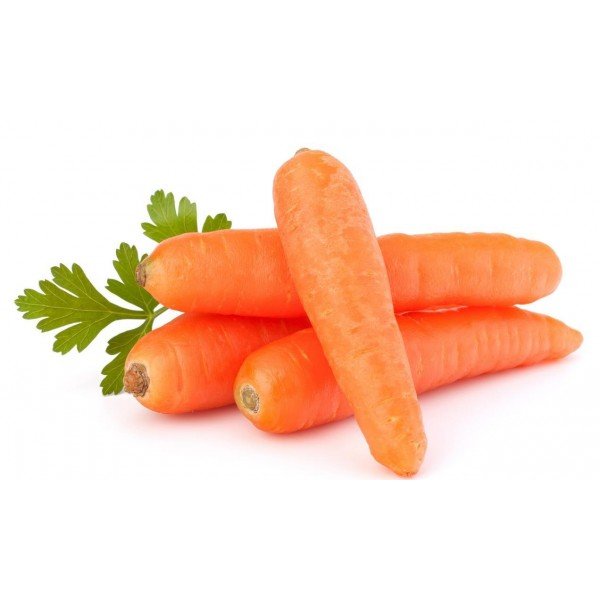
Beyond that, carrots contain plenty of carotenoid anti-oxidants. These very powerful plant pigments give the carrot bright color and reduce the risk of getting chronic diseases. Some studies show that a high carotenoid diet can reduce the risk of developing various types of cancer, including prostate and breast cancer
Summary: It is very rich in anti-oxidants and vitamin A that can protect you from diseases like prostate and breast cancer.
4) Chard vegetable
It is resistant to cold and has a low calorie content and a high nutritional ratio. Chard is also a good source of vitamin C, magnesium and manganese
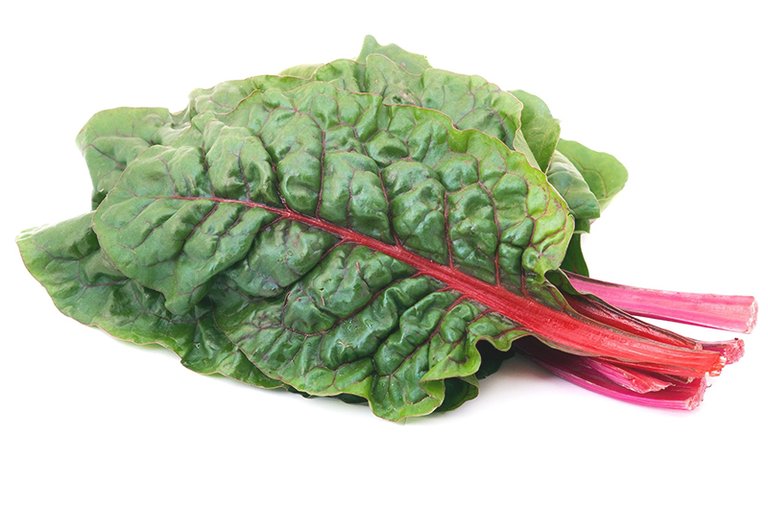
Betalain reduces LDL oxidation, one of the most important causes of inflammation and heart disease in the body. This green vegetable is consumed especially in Mediterranean diet. The Mediterranean diet is good for heart health as well as a very nutritious diet for health
Summary: Though the chard is low, it is full of vitamins and minerals. It also contains anti-oxidants that can reduce heart disease risk.
5) Wild carrots
The wild carrot, which resembles the same carrot, is a root plant with unique benefits in health. The air is cold and the wild carrot becomes sweet, which makes it a delicious option to add to your winter meals. It has a somewhat earthy tada and is quite nutritious.
A container (156 grams) cooked wild carrots contains almost 6 grams of dietary fiber and 34% of your daily C vitamin needs. In addition, wild carrots is rich in vitamins B, E, potassium, magnesium and manganese.
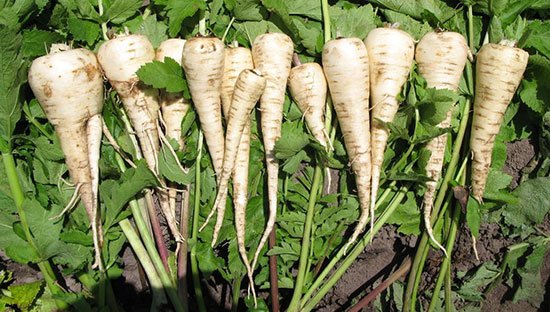
The high dietary fiber ratio found in wild carrots makes this vegetable a very good option for digestive health. The wild carrots particularly rich in soluble fiber. Soluble fiber is becoming a gel in the digestive tract and slowing sugar to blend into the blood. This is very important for diabetes patients
Soluble dietary fiber is also associated with reduced risk of heart disease, breast cancer and stroke
Summary: Wild carrots contain highly nutritious root vegetables and soluble fiber, which is beneficial in high amounts of health.

@originalworks
To call @OriginalWorks, simply reply to any post with @originalworks or !originalworks in your message!
güzel paylaşım kardeşim ellerine sağlık :)
hiç birinide sevmiyorum he hahahahahah :D
Sorun yaşamamak için resimleri aldıgınız kaynakları belirtmeniz gerekiyor.
Bu mesajı görünce yazınızı editleyebilirsiniz.
örneğin;
source image
bu şekilde yayınlayabilirsiniz.

[source image](alıntı yaptığınız kaynak linki)